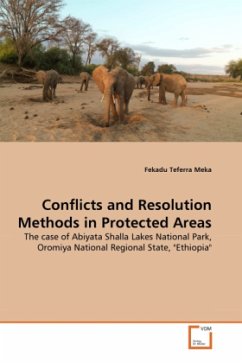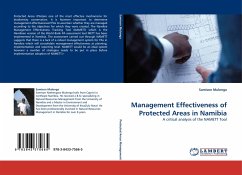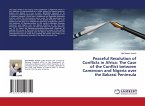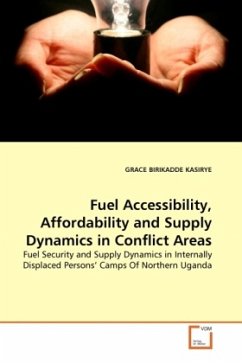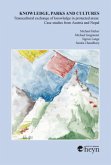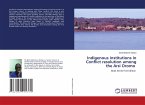This study was conducted in Abiyata Shalla Lakes National park from September to December 2010. The main objectives of the study were to explore the causes of conflict between the ASLNP and local communities and identify the alternative natural resource conflict resolution methods. A three stage sampling procedure was employed for the study. First, Arsi Negele district was purposely selected out of three districts. In the second stage, four kebeles were purposely selected out of 18 kebeles. In the third stage, 140 heads of households were randomly selected from the four kebeles using probability proportional to size sampling technique. Primary data were collected from 140 Agro-pastoral households using a semi structured questionnaire developed for the study, 5 focus group discussions and 6 key informant interviews using a checklist. The study results showed that the causes of the conflict are a function of demographic pressure, poor wildlife policy, unclear land tenure, natural resource degradation, overlapping claims, poor information sharing and boundary uncertainty that play significant role in escalating conflicts.
Bitte wählen Sie Ihr Anliegen aus.
Rechnungen
Retourenschein anfordern
Bestellstatus
Storno

